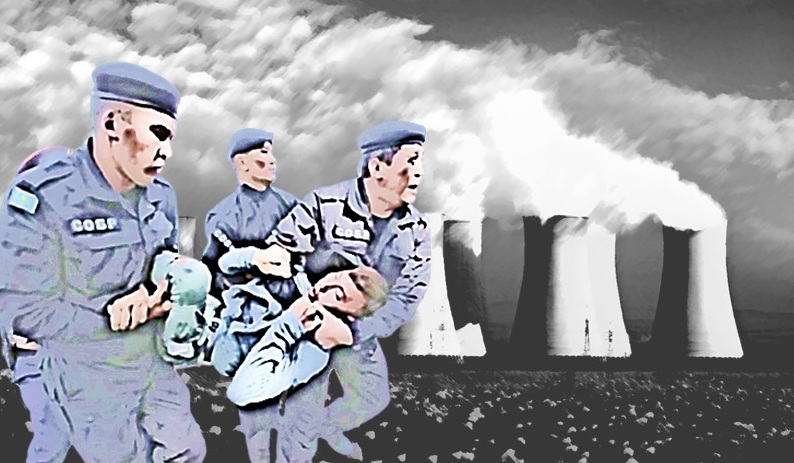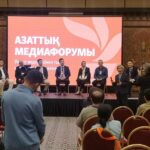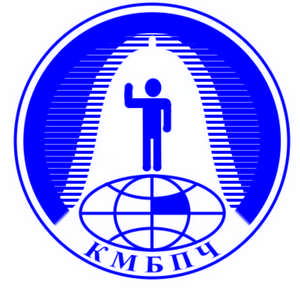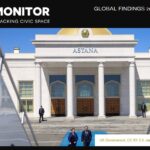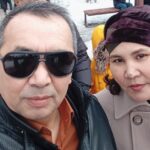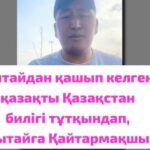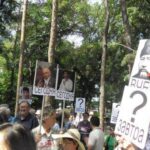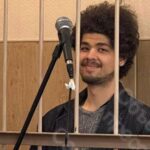Five activists have been sentenced to four years of restricted freedom, effectively silencing their ability to express dissent or challenge government policies. The verdict raises serious concerns about the criminalization of peaceful activism in Kazakhstan, where ordinary citizens are treated as a threat simply for expressing opposition and seeking to oversee democratic processes.
On August 26, the court in Almalinsky District in Almaty, stated the following:
“Nurlan Zhaulibayev, Zhanat Kazakbay, Fazylzhan Syzdykov, Nurlan Temirgaliev, and Aidar Mubarakov are found guilty under Article 272, Part 3 of the Criminal Code of the Republic of Kazakhstan and are each sentenced to four years of restricted freedom (…)”
According to the court, the five activists were guilty of calling on people to disobey the authorities, to join or start riots, or to use violence against others. In addition, under article 50 part 3, the convicted activists are banned from participating in public activities or creating a political party for the next five years, as the court found their crime to be serious enough to revoke this right.
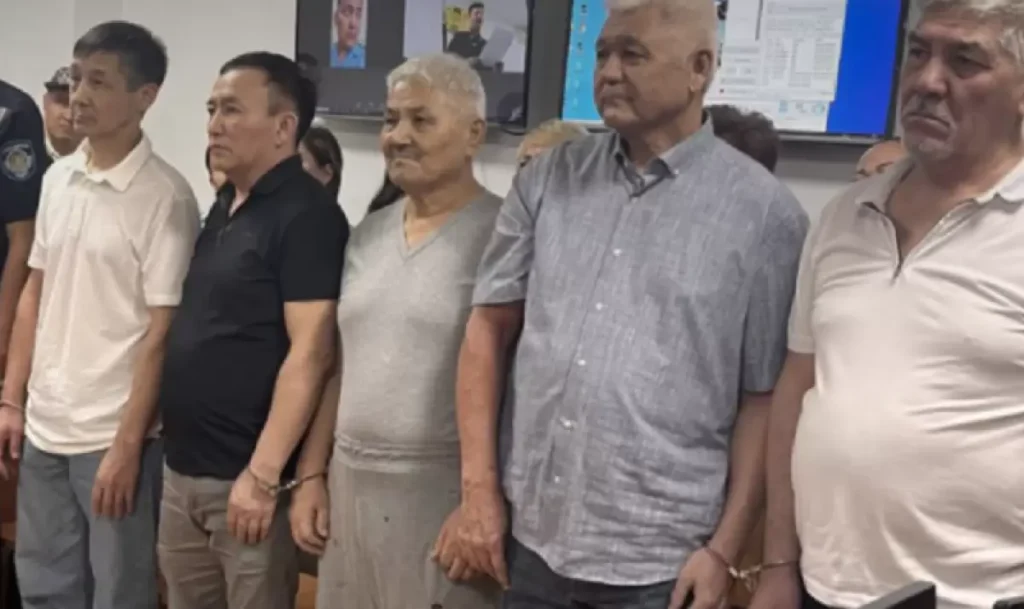
According to Abai Kairzhanov, a philologist and psycholinguist with over 35 years of experience, who was invited by the activists’ lawyers to analyse video recordings by the activists, the group did not plan to start mass riots, raise funds, or promote extremist ideas.
A peaceful protest
The case against the five activists began back in September 2024, just a week before the planned referendum on the construction of a new nuclear power plant. On September 29, 12 activists were arrested in Almaty who had, in the months leading up to their arrests, raised criticism of the nuclear project and its potential impact on the environment and local population.
According to those involved, the plan was to participate in the referendum as independent observers to ensure a transparent and fair process. The activists organized meetings and collected small amounts of money to rent an office space for election day activities. There was no indication of violent intentions or plans for mass unrest.
Despite this, the 12 activists were arrested and five of them were charged and remained in custody. The other seven were released but placed under travel bans and remained under investigation. The charges included “attempting to organize mass unrest” and “attempting to commit a crime.
Just ordinary people
The five convicted activists are not professional politicians or leaders of organised opposition groups, but ordinary citizens rooted in their local communities – among them pensioners, a former welder, and a taxi driver.
According to their families and community members, their previous activities had only been peaceful, such as helping neighbours with social problems, addressing the lack of water and heating in residential areas, and serving as independent election observers in past votes.
Several of the activists expressed that their opposition to the nuclear plant was not a political project, but a matter of personal experience. Some of the convicted come from areas near the Semipalatinsk test site, where generations still live with the consequences of the massive Soviet nuclear weapons testing.
Despite this, they were portrayed as a threat to state security and accused of attempting to organise mass unrest. As their lawyers have repeatedly emphasized: “How can pensioners and ordinary workers without resources or networks organize a coup d’état?”
Part of a larger pattern
This case is not unique but part of a broader pattern in Kazakhstan, where authorities use criminal proceedings to suppress critical voices and limit opportunities for civil society.
A notable example is the so-called “Tractor Case” in 2019, in which a group of activists was accused of attempting a coup simply because they planned a symbolic protest with a tractor. They had intended to drive the tractor to the president’s residence in Almaty to express their dissatisfaction with government policies. As in the current case, there was no evidence of violent actions, however, the participants were still charged with attempting to organise mass unrest.
Laws restricting a free society
The verdict highlights the restrictions on civil society’s freedom in Kazakhstan and limiting its opportunities has become increasingly common.
Even though the Kazakh constitution guarantees the right to free assembly and expression, many of the articles on the Criminal Code restricts these rights. Beyond legal barriers, NGO’s must also navigate heavy bureaucratic procedures of registration that make their work even more difficult.
However, according to a 2023 academic article by Colleen Wood, the registration process itself is complex and lengthy, and even small mistakes in the paperwork can lead to the rejections of activities.
Beyond a Single Verdict
The verdict against the five activists is more than just an isolated court case. It shows how Kazakhstan’s legal framework can limit political opposition and narrow the space for civil society. When ordinary citizens are portrayed as security risks, constitutional rights come under pressure, as well as risk of lowering the public’s trust in democratic institutions.


